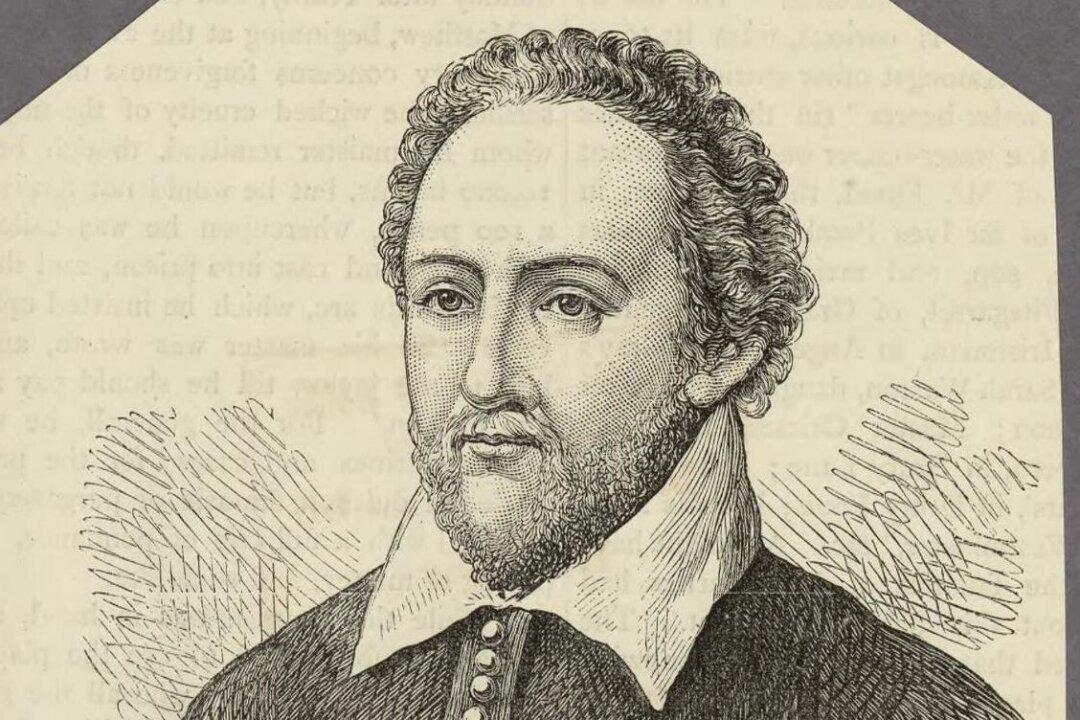It’s 400 years since the death of Richard Burbage, the first person to play the roles of Hamlet, Lear, Othello, and Macbeth in the original version of The Globe theater in London. As far as Shakespeare was concerned, Burbage was both a blessing and a curse. He was a good actor, and he seems to have been a particular draw for female audience members. An anecdote by the contemporary diarist John Manningham tells of a citizen’s wife who was so smitten after seeing Burbage play Richard III that she sent a note backstage to make an assignation, only for it to be intercepted by Shakespeare, who went off to the rendezvous himself with the remark that “William the Conqueror was before Richard the Third.”
This story may or may not be true, but the story would never have been told if Burbage had not had sex appeal.






